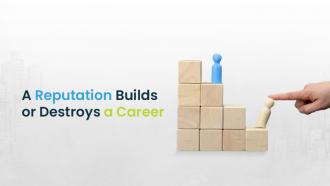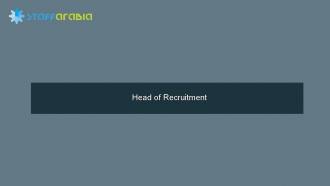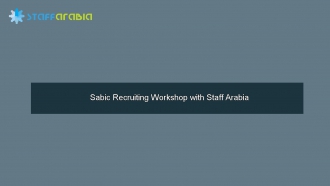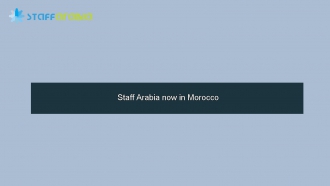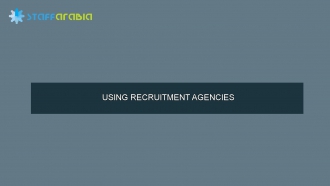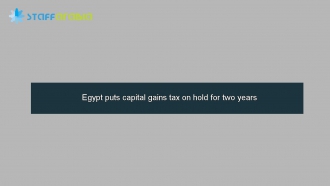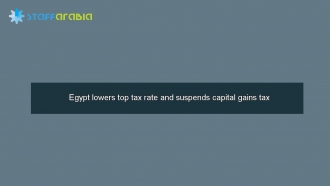Best Advice: Understand Your Talents, and Make Them Your Strengths

I’ve always been an overachiever. In high school, when a teacher repeatedly corrected my grammar, I decided to commit to memory the contents of “The Elements of Style” by Strunk & White so that grammar and style would never get in the way of my ideas. In 2008-2009, I quit my job, started a company, helped a child through a learning difference, and wrote a bestselling book (OK, I admit, I don’t want to do all of THAT again!)
The insecure part of me, though, is that little voice that sabotages these achievements. It’s the nagging voice that says I’m failing, not doing the best that I can or should. For example, I have 1,330 read messages in my inbox (Inbox Zeronever worked for me). My to-do list works great for two weeks — and then gets tossed aside when I go into a “writing cave” or travel for work. I forget about or drop things. I’m can be inconsistent in follow-through. Insecurity doesn’t dominate my life and in many cases, it makes me work harder. But I often grow tired of bearing its weight.
A few years ago, this came to a head. I was working with people who regularly pointed out my weaknesses and inadequacies. It was demoralizing because I didn’t feel they appreciated what I was bringing to the table. I had a lot to contribute and they couldn’t see past my faults — nor were they helping me find ways to work around them.
That’s when my then-friend and now colleague told me aboutStrengthsFinder, based on the book by Tom Rath. The general philosophy is to understand your talents and to apply those strengths every day. I gave it a try and discovered that these were my top strengths:
- Maximizer: one who seeks to take people and projects from great to excellent
- Strategic: one who is able to see a clear direction through the complexity of a situation
- Ideation: one who is adept at seeing underlying concepts that unite disparate ideas
- Activator: one who acts to start things in motion
- Input: one who is constantly collecting information or objects for future use
Rather than focus on what I wasn’t good at, I decided to invest more in my innate talents and make them my strengths.
For example, as a Maximizer, I love working with people and see them achieve great, audacious things. It’s one of the reasons why I started Altimeter — I love seeing people grow and develop. As an Activator, I knew I could start things well but lacked the patience and attention to detail to do follow-through. That’s why I hired and partner with our COO, Shannon Latta, who understands and appreciates my strengths, and creates a fantastic environment for me to practice them.
I’m also learning to apply this with my teenagers. Like most parents, I have a tendency to nag them about picking up their laundry, finishing their homework, etc. At a recent school reunion, I got a stark reminder to focus on something different. A classmate, Steve Baskin, asked me, “Tell me about your kids. What are their gifts?” He didn’t ask what activities they did, what subjects they enjoyed at school. He was asking me about their gifts, talents, and strengths. That itself was a huge gift as I look at my kids now through a different lens.
Now when I feel tempted to nag my kids, or draw a deep sigh about something someone at work did wrong, I pause and ask, "What are this person’s strengths? Was the task set before them playing to those strengths? And how can I help them discover ways to use their strengths to accomplish the task before them?"
So here’s my specific advice to those Insecure Overachievers out there:
- Know your strengths and the strengths of the people around you.
- Invest EVERY day in those strengths and they will grow.
- When you fail, turn to those strengths.
- Surround yourself with people who appreciate your strengths. If they don’t, then strongly consider changing the situation.
What are your strengths? Please share how you have used that knowledge to do better and be a better person.






